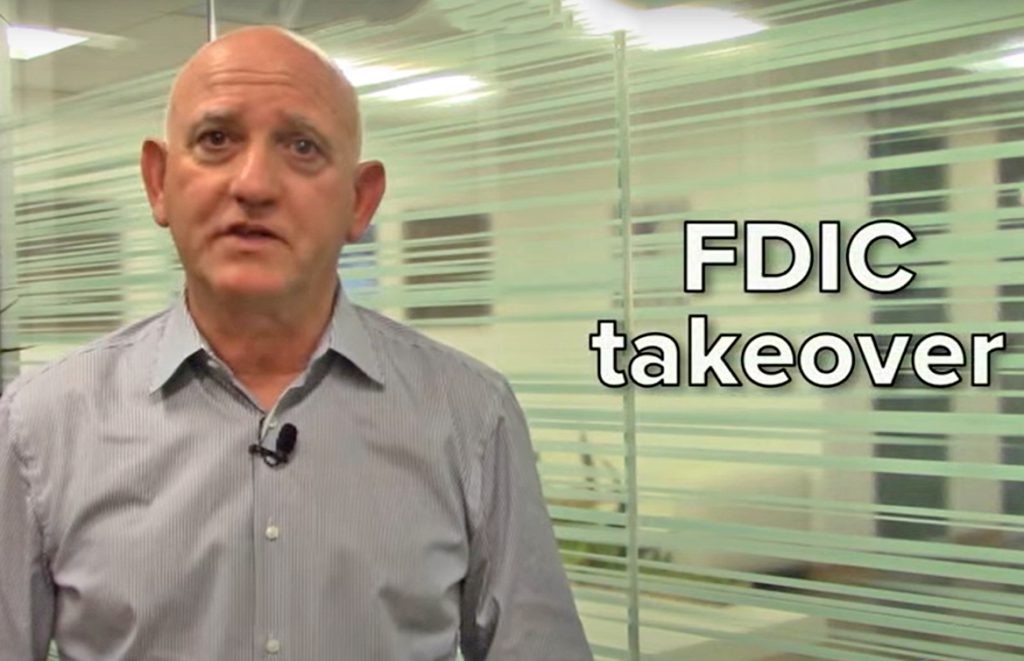
On Monday, March 13, Newport Beach Chamber of Commerce President and CEO Steve Rosansky released a video announcement to Chamber members and other businesses and community members discussing the recent bank failures.
“If you have been watching the news or your social media channels over the last few days, you know that on Friday Silicon Valley Bank, with over 200 billion dollars in assets, was taken over by the FDIC,” said Rosansky in the video. “This is the biggest bank failure since the great recession and the second biggest failure in US history. Another bank, Signature Bank, with about 100 billion dollars in assets, was taken over on Sunday.”
In response, said Rosansky, the FDIC put out a statement on Sunday that was followed up by a speech by President Biden that all depositors of the two banks would be fully protected whether or not their bank account balances exceeded the $250,000 FDIC limit.
“Depositors were able to receive this extraordinary level of protection due to a determination by the Secretary of the Treasury, Janet Yellen, that there was a systemic risk to the banking system and that intervention was necessary,” said Rosnasky. “The FDIC also announced that it would make available additional funding to eligible banking institutions to ensure they have the ability to meet the needs of their depositors.”
According to Rosansky, this means that whether your money is deposited in either of those banks or in another bank, there is no need to panic. Funds are secure. However, stockholders and unsecured creditors of these banks, will not be protected and likely have lost their entire investment and/or the funds lent to these banks.
“Most of you are probably wondering why did this happen?” stated Rosansky. “There are several contributing factors. On the surface, the banks were experiencing an additional run on deposits. This happens when depositors start pulling their money out and the bank doesn’t have enough liquid funds to satisfy all the requests. A bank doesn’t just have your money sitting in a vault. As George Baily pointed out in the movie ‘It’s a Wonderful Life,’ the bank takes the deposits and lends them out for a term of months or years to other bank customers for things like car loans, credit cards, working capital, and mortgages, or the bank invests the funds in things like treasury bills.”
If the bank doesn’t properly anticipate the amount needed to satisfy depositors withdrawals, explained Rosansky, it can get into the situation that Silicon Valley Bank did and have to sell assets at a loss in order to raise cash.
Rosansky noted that Silicon Valley Bank was unusual in that most of the money it had on deposit was related to the tech industry, which is one of the few sectors of the economy that has been struggling, thereby creating an unusually high demand by its customers to spend the money they had on deposit to support their businesses.
Most banks are not as highly concentrated on one sector, said Rosansky, and not subject to the same dilemma.
“Another contributing factor has been the rapid increase in interest rates by the Federal Reserve that has caused the banks to pay more in interest for investor deposits, and has caused a decline in their longer term assets like fixed rate mortgages or treasury bills,” said Rosansky. “All banks are subject to rising interest rates but most balance their investments between short and long term so as to not wind up in the crunch as Silicon Valley and Signature banks did.”
At this time, the concern of the markets seems to be limited to the regional banks, not large banks like Chase, Bank of America Wells Fargo, said Rosansky. However, he suggested those with bank deposits should be looking at their accounts with an eye towards limiting amounts on deposit to the $250,000 limit insured by the FDIC.
“You will be insured to the limit on multiple accounts if the account ownership is different, so if you have a personal account and an account for your company or a joint account with a spouse, each account should be protected to the $250,000 limit,” said Rosansky. “As with any financial matter, you should consult your financial advisor, accountant or lawyer with regard to your situation.”
For more information, visit newportbeach.com.




